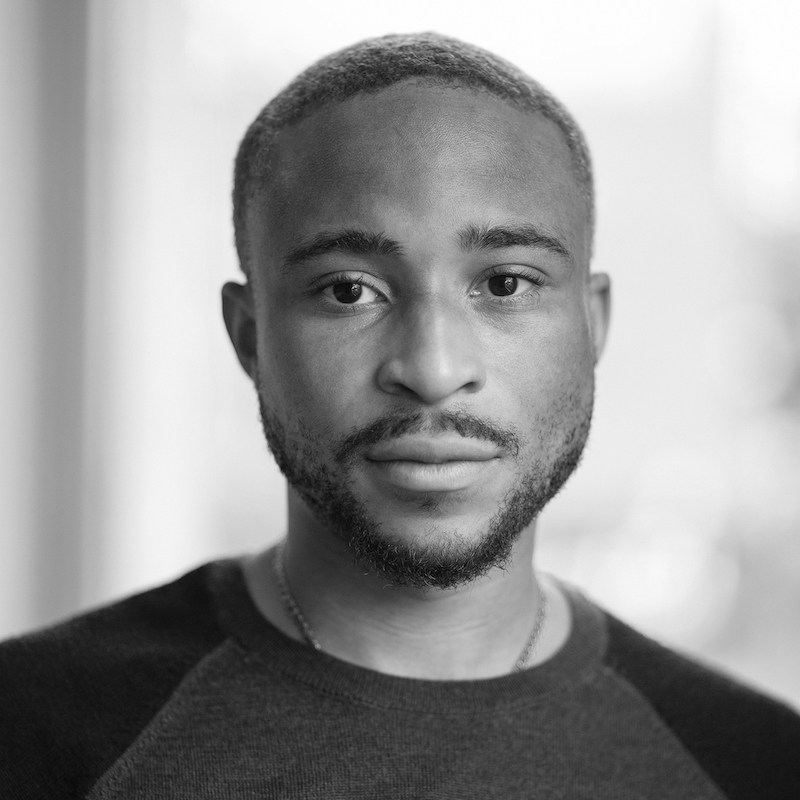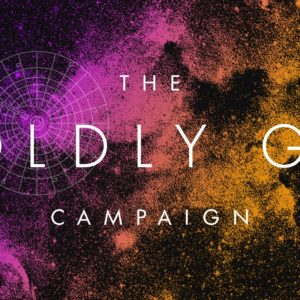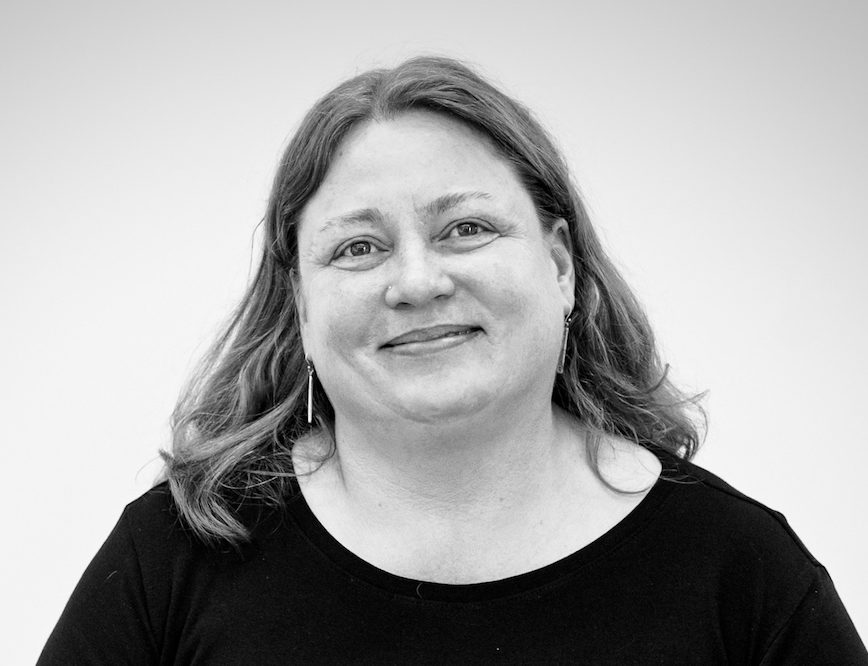Featured, Roddenberry Fellowship
Jelani Anglin
Good Call
Co-founder & CEO
August 4, 2020.
.
.
Hundreds of arrested protesters gained access to lawyers immediately.
The thousands of Black New Yorkers arrested each year do too!
Widespread protests and the large numbers of protesters recently arrested have brought to glaring light an issue faced by millions of people arrested each year: the terrifying and unconstitutional prospect of being sent to jail and questioned by police without having an attorney there to help you. In New York City, where I live, arrested protesters were placed in zip ties, shoved in vans and taken to a precinct of the police officer’s choice. For hours, protesters did not know where they were taken, when or if they would be released, and protesters were not always given an opportunity to call their loved ones to let them know they were safe. Very few had the ability to call a lawyer and get help.
While the spike in arrests from recent protests has drawn needed attention to the problems of mass arrests, particularly when white people are arrested in rising numbers, it is dangerous to overlook the routine violations of rights for the hundreds of thousands of people arrested in NYC each year, the majority of whom are black and brown. Right before the outcry over George Floyd’s murder, the NYPD was under scrutiny for extreme racial disparities in arrests for COVID-19 social distancing enforcement. Soon after those arrests, the NYPD began its crackdown on fireworks, opening the door to another situation where police presence might aggravate, rather than ameliorate, community harms.
We need transparency and accountability in policing. One key way to achieve this is through Early Legal Intervention: ensuring that a person taken into police custody has immediate access to an attorney. The merits are clear. Most of us don’t have an expensive law degree. We aren’t sure what we should or should not say to armed officers, and in a chaotic jail environment, we often don’t know what our legal rights are. Among the thousands of people arrested by the NYPD each year, less than 1% have access to a lawyer when they are being held or interrogated by police. In our world of Broken Windows policing, this means people targeted for low-level offenses are at an urgent risk of being wrongfully incarcerated or having their rights violated.
Growing up, my mother tried to make sure I wouldn’t be a statistic, but being young and black, I faced systemic racism and came face to face with a broken criminal legal system. In the fall of 2008, I was arrested for not having an I.D and being loud on the train with my friends, which the arresting officer characterized as unruly behavior.
For a brief moment, I became part of the system. I spent 12 hours in police custody, was questioned about my property, and didn’t know what to do. I did not have an attorney to call, and neither did my sister whom I did call. That day, I became fully aware of how easy it is to become a statistic. I can never remove the psychological scar of that experience. Unfortunately, my story is the story of an overwhelming number of young black residents in NYC. Recent statistics from the U.S Census bureau indicate that 48 % of people arrested in NYC each year are black.
We recognized that in New York, we lacked a reliable system to ensure that a person arrested by police can access an attorney right away. I brought together my personal experience, community organizing skills, and relationships with criminal justice experts, activists, and technologists to create a tool to combat this issue. Our work at Good Call ensures that anyone who calls our 24/7 hotline can immediately speak to a lawyer. The lawyer can advise them not only to remain silent, but the lawyer also speaks directly to the police officer to let them know they cannot interrogate the individual. This critical access to immediate legal protection ensures that arrestees do not inadvertently waive their 6th amendment right which requires the “assistance of counsel” for the accused “in all criminal prosecutions.”
The concept of Early legal intervention is proactive, not reactive. Rich people would never make a move that has legal implications without speaking with a lawyer –so why should people without money?
Research reveals the value of Early Legal Intervention. A recent UC-Berkeley study showed a San Francisco Early Legal Intervention program cut the number of people sent to pretrial jail by half and saved the county hundreds of thousands of dollars. The study also found that Early Legal Intervention allowed arrestees to maintain ties to employers, landlords, and family members, protecting them from losing a job or apartment due to their pretrial incarceration. Early access to an attorney also increases procedural justice, which will be central to building a more just legal system. In an environment of rising police scrutiny, securing early access to an attorney can prevent police misconduct by stopping it before it can begin.
In the first few weeks of protests, we received over 2,000 calls from people arrested in New York City. This was a call rate almost fifty times our average. We were able to add over 125 new lawyers to our hotline, didn’t miss a single call, and reduced callers’ wait times to less than 33 seconds. But this is a single solution to a broader problem. Access to an attorney immediately after an arrest is urgently needed and widely overlooked.
While the arrests of protesters have elevated public recognition of the need for lawyers when arrested, this need has always existed for those communities who have been relentlessly targeted by police. Now that we have the public’s attention, we cannot lose sight of this need.
We are witnessing a historic moment in criminal legal reform. While bail reform, police reform, and reductions in incarcerated populations are key areas to target, it is the entryway of the legal system that is too often ignored. The circumstances surrounding a single arrest set the stage for potential prosecution, punishment, and permanent criminal records. When a person isn’t allowed to call an attorney, their risk of unfair punishment rises exponentially. When arrestees don’t have a lawyer, we lose a valuable oversight mechanism for police accountability and support for those arrested. Having access to an attorney is not a privilege. It is a right!
Meet the Author
Meet Jelani, a 2020 Roddenberry Fellow!
Jelani is a community organizer and serial entrepreneur. During High School, Jelani started his first online business, for which he was awarded the NYS FBLA Business Plan of the Year award, and was featured on national TV. Prior to founding Good Call, Jelani worked on a variety of issue-based and electoral campaigns, in addition to being a community organizer at Airbnb. Growing up in Far Rockaway, NY, and organizing in low-income communities across the east coast, Jelani experienced firsthand the pitfalls that exist for those oppressed by the criminal justice system. He works every day to better communities similar to where he grew up and hopes his work will be a stepping stone for other young black males.
Project Description
Every day, nearly 700 New Yorkers arrested and unable to access immediate legal counsel. Low-income communities and communities of color are disproportionately targeted, and a lack of legal support can have devastating consequences, including job loss, loss of housing, and pretrial jail. Good Call is working to change that.




